OMG how did we get here?
Gillian Lord looks at our rapidly changing world as it gets more dystopian by the day. How do we make sense of it? What can we do?
This is a bloody essay. I don’t apologise although I probably should. It’s not entertaining. It’s not light reading. It goes against every rule of digital engagement – it’s long, it’s probably boring and it’s not exactly feel-good. But here we are.
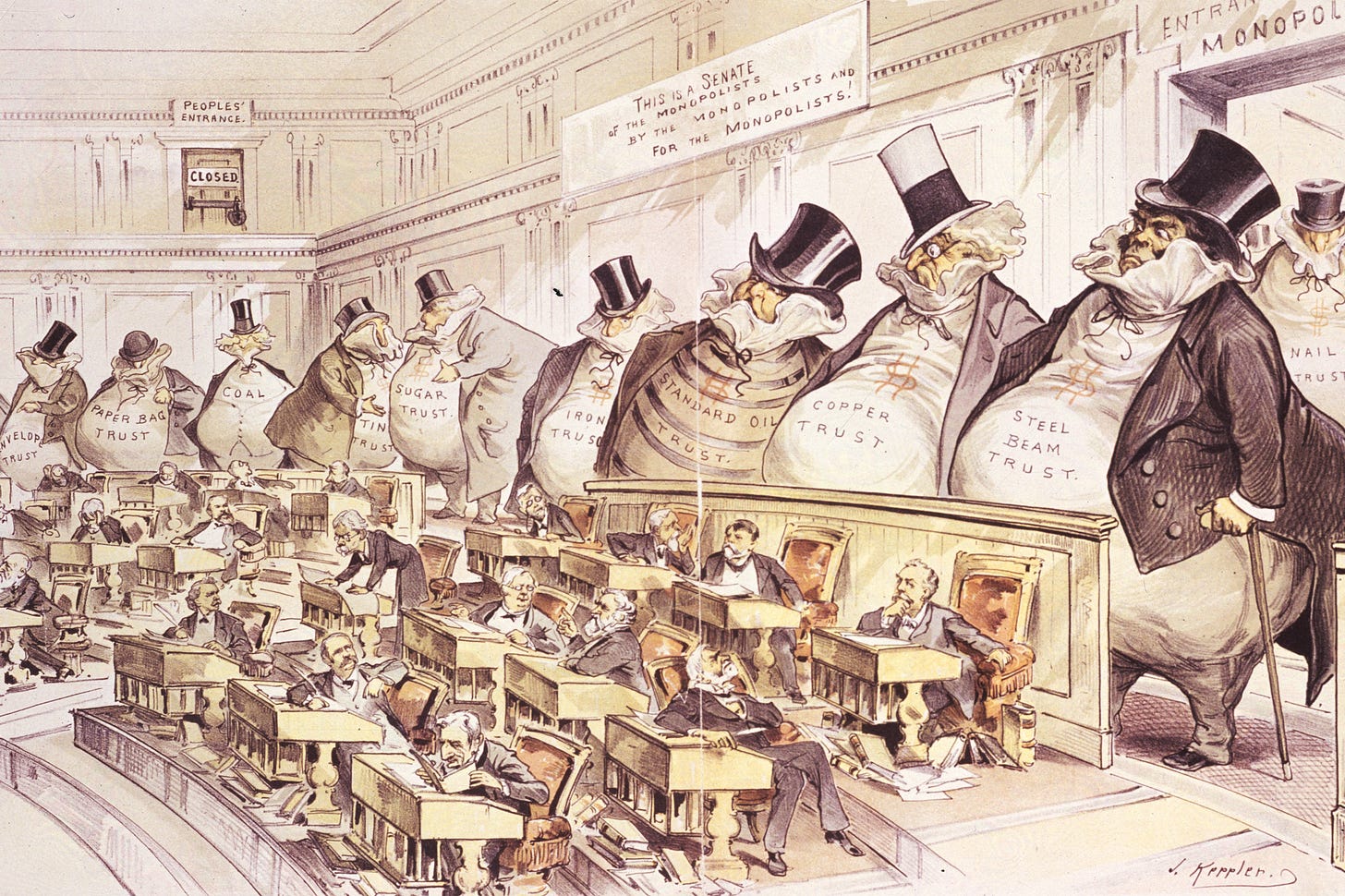
Like many millions I have been rendered speechless by the surreal nightmare unfolding in the USA and the performative cruelty here in the UK, most recently around Labour’s cuts to welfare and social assistance.
When did we lose our humanity? How did this all happen? How could it?
A confusing world
The uncomfortable truth is some of the blame rests on voters. We get the governments we deserve, the governments we vote for. Yet the journey here has been a slow, almost perfect, storm.
You really can blame ‘the internet’ for some of it, but you can also thank it. There is much good in the digital revolution, along with great danger.
Yet instead of enjoying the free flow of information, we’re more exposed to lies than ever. Who do we believe? There is an evolving distrust of media, and of government, as traditional democratic norms are eroded and smashed.
From this comes a rising sense of alienation and disenfranchisement, a mounting anger and a creeping powerlessness, real and imagined.
Blame the government
When you are overlooked by those in power the government becomes the enemy, working for their interests, not yours – sadly compounded by countless examples in real time.
Add to this a narrative of failure by compliant media - Scotland is a prime example of this. ‘SNP bad’ is the dominant narrative, with few mainstream outlets saying otherwise.
I write this in a week that Scotland recorded a growth in GDP at the start of 2025, outperforming the UK economy as a whole, which contracted.
And child poverty fell in Scotland, while rising sharply in the UK. Did I see this trumpeted on mainstream media? No I did not.
Of course any bad government should be called out. But as self-interest rules corporate and civic life in the UK and beyond, a new era of pissed off voters see anti-establishment as a form of protest, a way to be heard.
That was a strong component of the Trump vote, it’s a strong element in Reform’s campaigning in the UK too, and in Labour’s victory last year, won on a simple, vague promise of change. How’s that working for us now?
All this while traditional sources of trusted information are captured and polluted by self-interest and propaganda.
I write this as The Guardian reports on a new Opinium Poll showing news avoidance is on the rise as traditional outlets scramble to counter distrust in the media, and the depressing state of the world causes people to look away.
News as entertainment
The way we get information has changed too – audio-visual communication is king; reading, particularly longer form, is in decline, even though we absorb and understand written information better.
So how did we get here?
CNN started the 24-hour news cycle in June 1980, making it the first all-news cable network in the USA, and inadvertently ushering in the news-as-entertainment models that followed. Rupert Murdoch launched Fox News in the USA in 1996.
Facebook entered mainstream media in 2004, Twitter joined the fray in 2006. Traditional media models couldn’t compete, so they tried to join the crowd.
The next decades saw opinion replace fact. Legacy media imploded as the rise of the internet broke the ‘trusted information’ business model. Information is now something you get for free and nearly everyone is a publisher.
In the relentless race for reaction, eyeballs and clickbait rule. The more brutal, bizarre and outlandish get the most attention. The truth looks middle-aged and defeated in this strange circus.
When trusted media belatedly tried to compete with social media on its own clickbait terms, we didn’t believe it anymore and many respected media brands shrank, collapsed, or were bought by people with other agendas.
It’s no surprise they are the very rich, who can afford to buy respected outlets and keep them as loss-making power and vanity projects.
Meanwhile right-wing governments threaten public broadcasters with funding cuts and stack the leadership with their own cronies. Obedience to the government message is not a request, it's a requirement.
Add to this the power of the algorithm - everything you do online is tracked and your social media feed will offer you more of the same. Your truth is curated without you even knowing it.
It’s shocking to me that so many people aren’t aware of this - the horrible implications of the Cambridge Analytica scandal being a prime example - and what it means for us today.
And yet here we are, and oligarchs really do rule, for now.
Truth is optional
We are living in a post-truth world - how do we know what to believe? Donald Trump decrying anything he doesn’t like as ‘fake news’ just adds to the soundtrack.
The ‘greed is good’ mantra goes hand in hand with the growing ‘winners and losers’ narrative, and the public are sitting ducks for misinformation and disinformation, and conspiracy theories.
Conspiracy theories are why there’s a measles outbreak in the USA, for example, as anti-vaxxers find out the consequences of ignoring science. And why, at time of writing, a hospital in West Texas is reporting a rise in people with Vitamin A toxicity, as people faithfully follow anti-vaxxer Health Secretary Robert Kennedy’s advice to take Vitamin A as a prophylaxis.
Measles was considered eliminated in the US in 2000.
Looking for safety
As geopolitics gets more threatening and scary, people flock behind those they believe will protect them. Throw right-wing administrations and media into the mix and what do you have?
For one thing you have othering. Finger-pointing, blaming, victimising. Finding scapegoats. It’s straight out of the fascist playbook: it’s not us, it’s them.
Think refugees, think of people on benefits. Think of people with disabilities, think of older people, younger people, or transgender people, or people with little money or recourse to justice. Or think of anyone who is ‘different’ to the right-wing mandated norm.
Large sections of society are being demonised and this is legitimised by right-wing media, by right-wing governments, by influencers on social media who are rapidly taking top places in the media hierarchy. Think Andrew Tate, think Joe Rogan.
The reality of survival
You only need look to the African plains to see how survival works in the animal kingdom. It’s not a democracy. It is brutal. Prey animals will follow the strongest in their herd not because the leader is benevolent, but because the herd instinctively feels better protected.
In what now passes for western democracy, wealth, power and status are the symbols of strength. Truth is no longer a given, neither is integrity, nor compassion.
Social media is a cacophony, as much as it is also wonderful. As we all gasp at the truths and messages in Adolescence (Netflix), we must also acknowledge this is the new reality, this is the world that millions must navigate.
The digital world
Call me a dinosaur, but the rise of audio-visual communication – despite its many advantages – has also played a part.
Instagrammers, vloggers and podcasters get huge followings, for better or worse, but written information still matters. We absorb it better. It’s easier to remember facts, it’s better for cognition, we engage with it more.
Today in the UK 68% of adults get their news from BBC platforms, followed by one in four who use Meta platforms (Facebook, Instagram, WhatsApp), and ITV platforms at 38%. A third use Google platforms, and one in four use Sky News and Channel 4, according to Ofcom research.
For younger people in the 16-24 age group, social media is king. Nine in ten (88%) 16-24-year-olds use social media for news, according to the same research.
Most American adults (86 %) get their news from a digital device such as a smartphone, although most (63%) still cite TV as their main source of news, according to Pew Research.
Nearly 40% of young American adults (aged 18-29) get their news from social media influencers, and the majority of these news consumers are male, and lean to the right. You can learn more here.
It’s a perfect platform for demagogues, for intolerance, and for entrenching prejudice, as much as it is also a platform for ethical journalism and getting credible information out to a wide audience.
It’s up to you
So what can you do? You can educate yourself. You can take advantage of the many good and intelligent people out there, who tell us the truth based on credible evidence.
Substack is a great platform; if you’re already here you’ll already be getting suggestions on who to follow.
BlueSky is another good place. An alternative to Twitter/X, it’s sociable and has trustworthy information without the anger. You create your own algorithm, you decide what you want to see. You can find good podcasts to follow from both these platforms too.
You can go to government websites and see what they say they stand for. See their stated policies.
With Scotland’s Holyrood elections coming up in 2026, learn what your candidates stand for, what they say they will do, and why. You can even contact them and ask them for yourself.
Use your vote when the time comes. It’s the most powerful thing you can do. Not voting is as much of an act as voting is. If you don’t vote, you put your future in the hands of those who do.
The free and fair world is in a bad place. Right now, ignorance and apathy are as dangerous as any terrorist, as deadly as any conspiracy theory or manufactured threat.
Knowledge really is power and you can find yours.
And after all that, I am going outside into the Scottish sunshine (yes really) to count my blessings and watch the bumblebees gather pollen on this spring day.



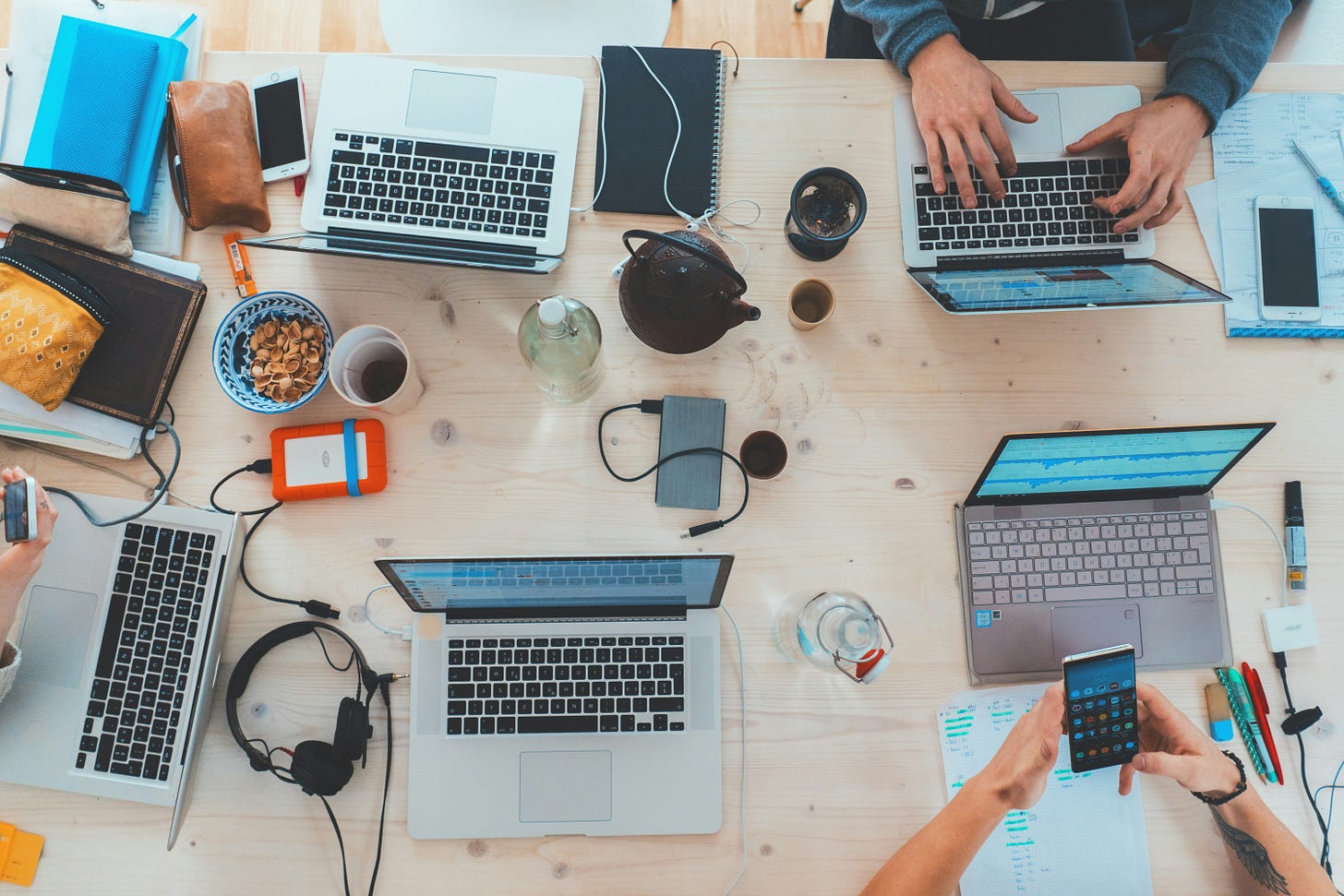
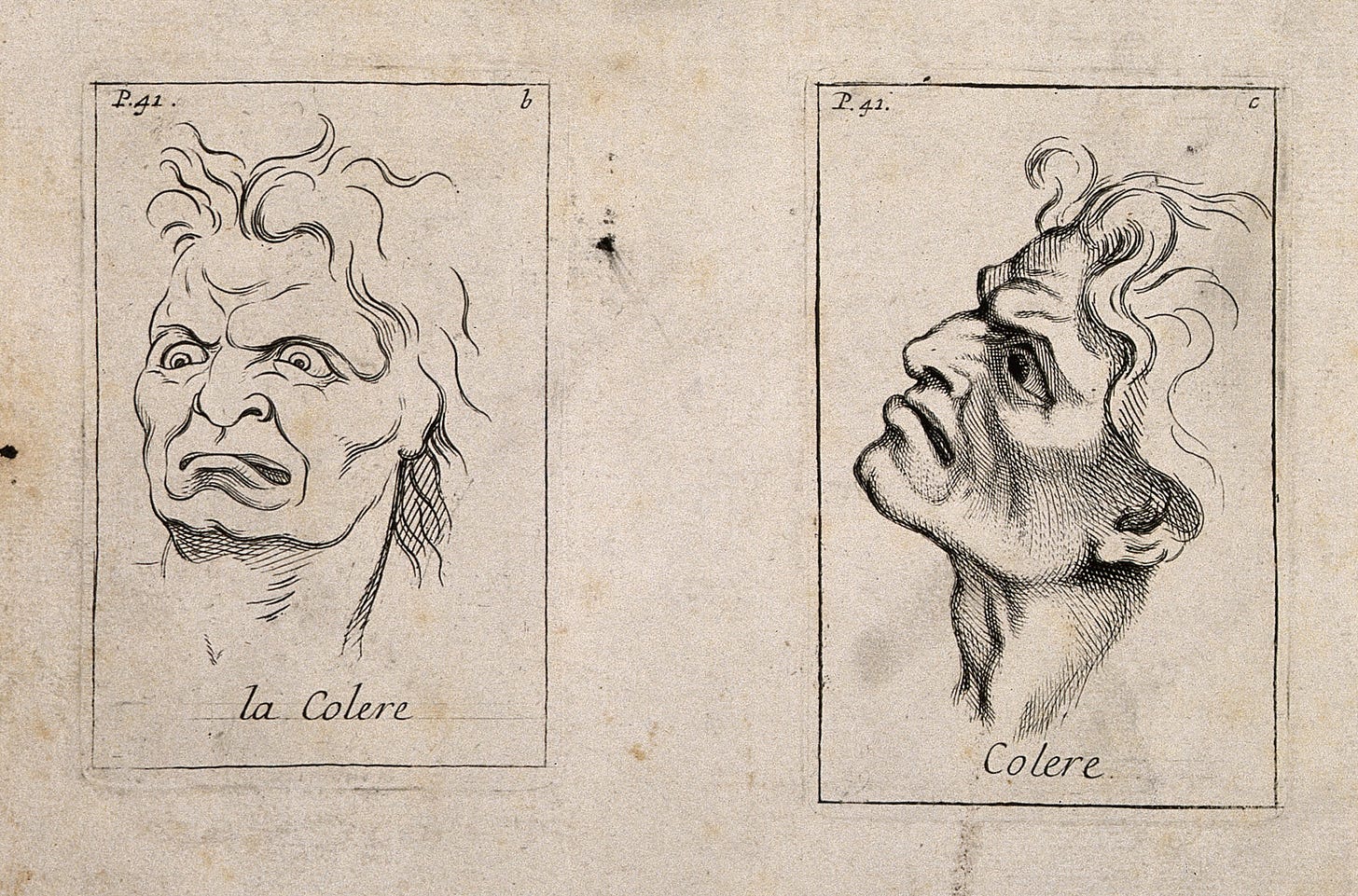
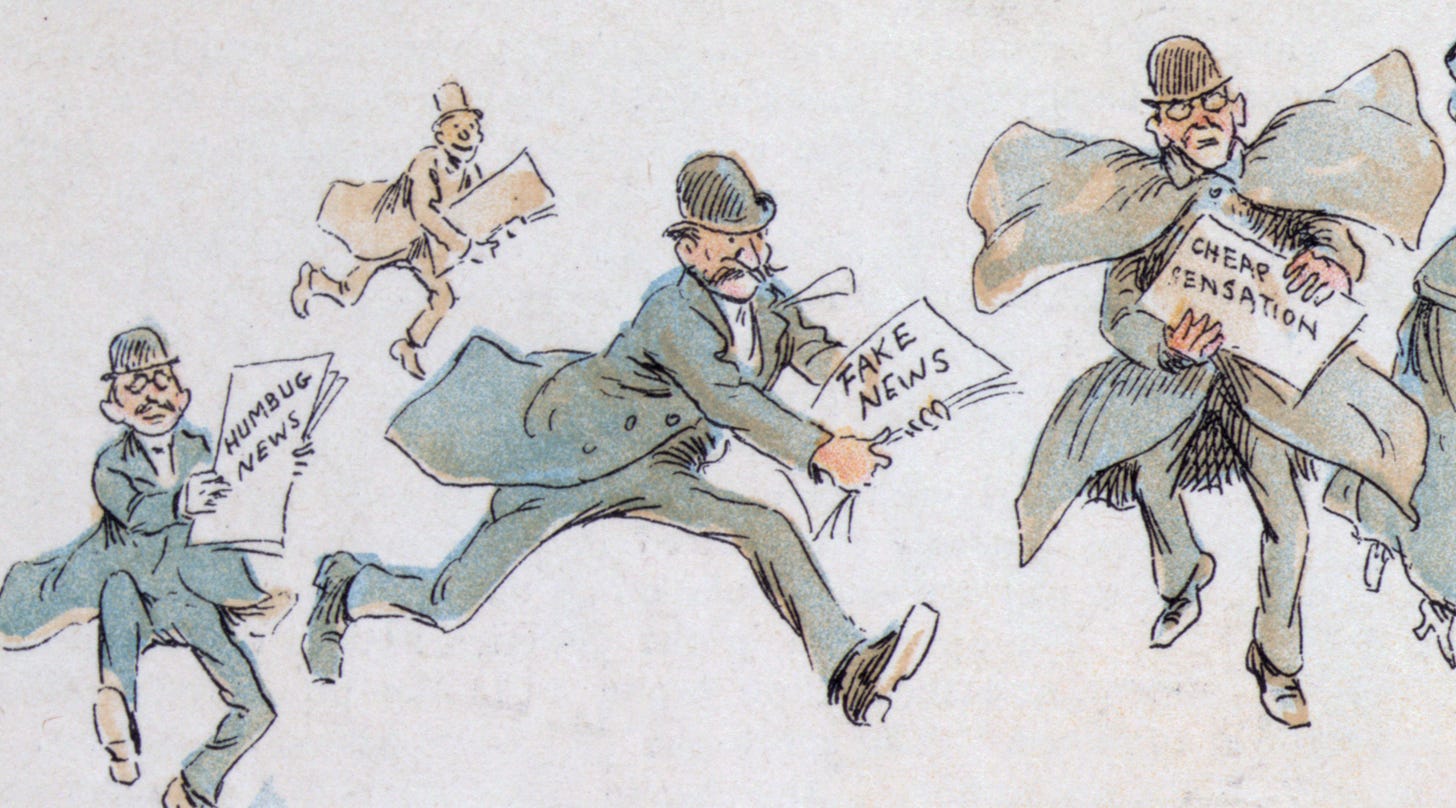
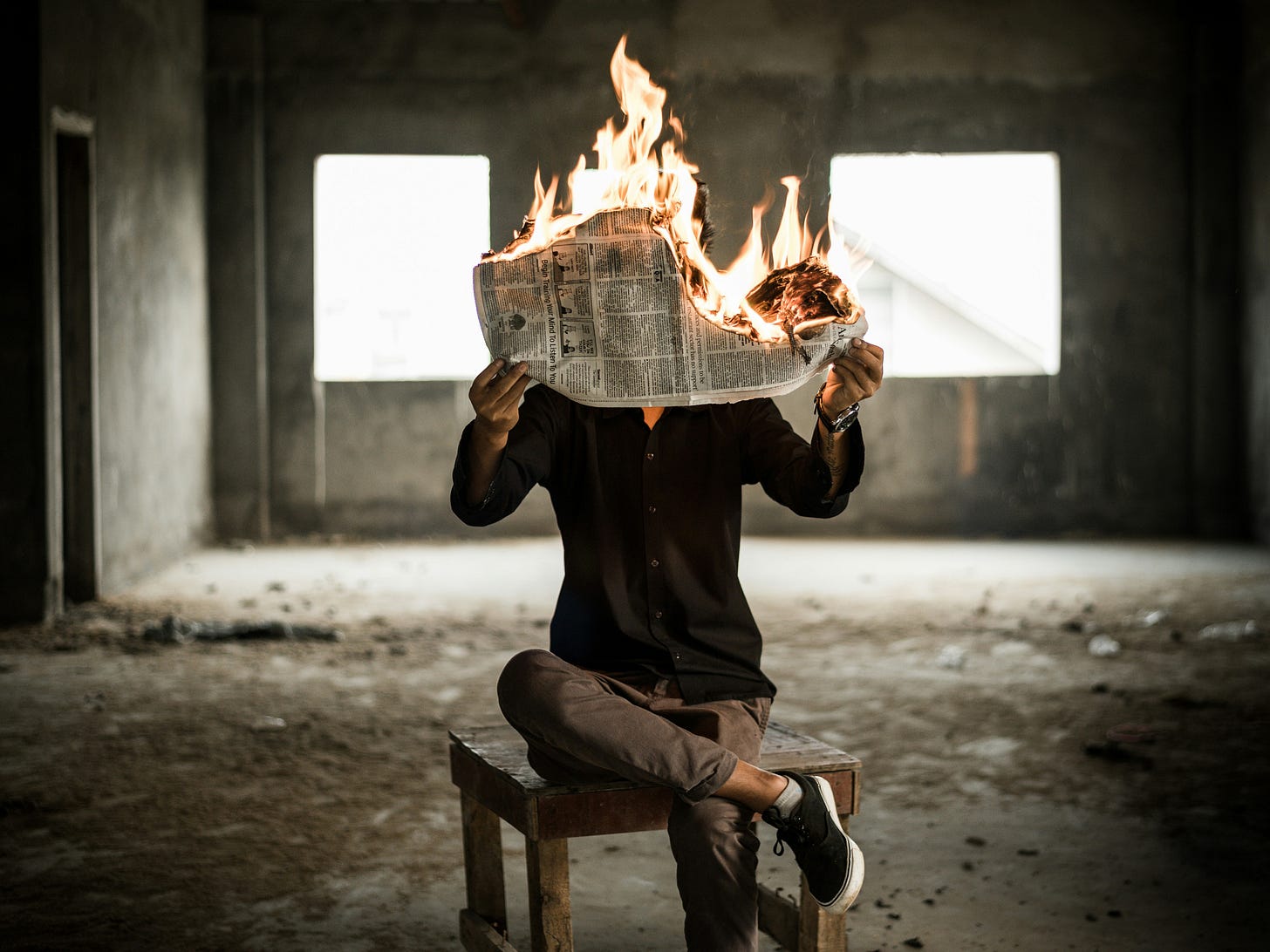
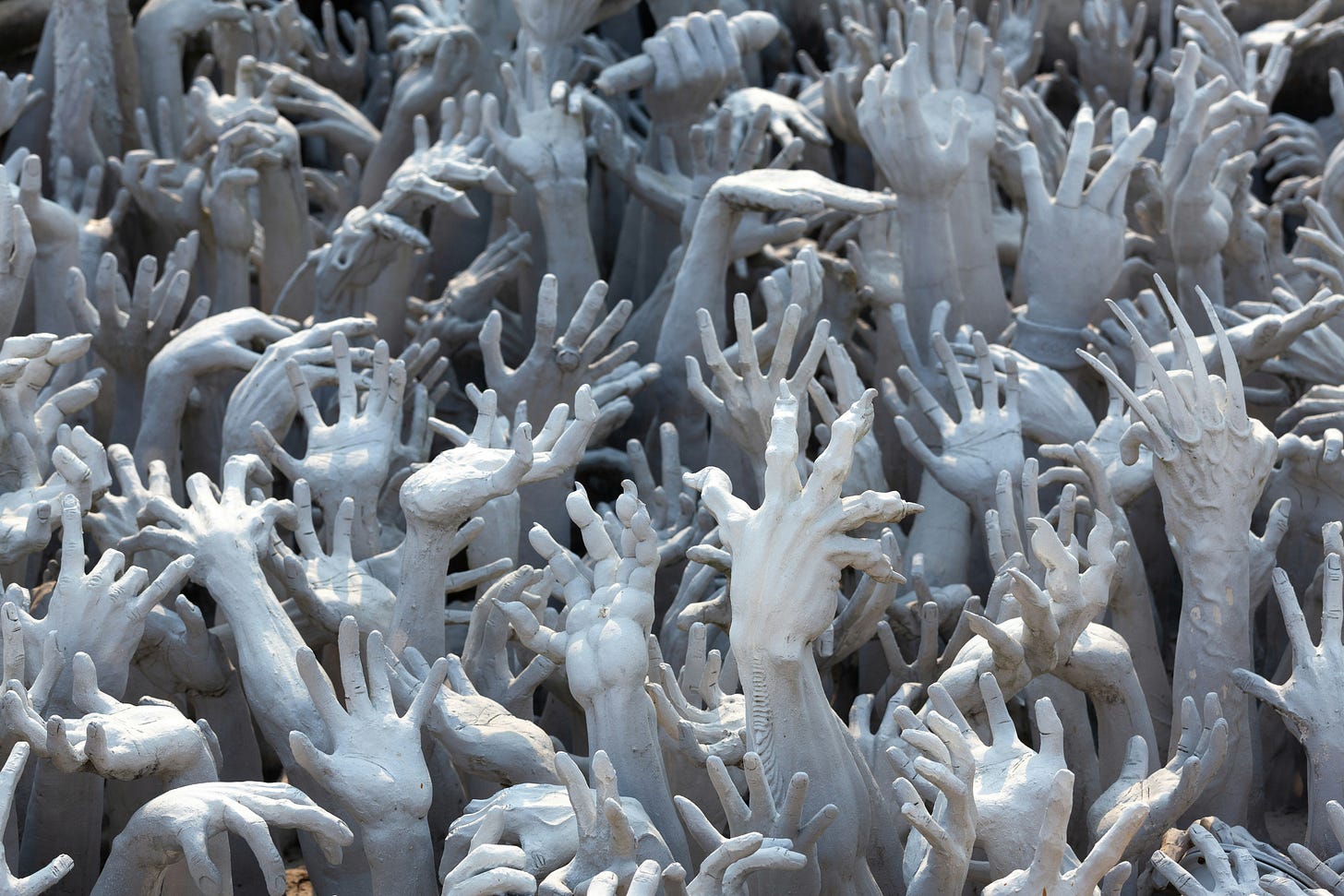

Brilliant work